Threads: Supernatural 14.20 “Moriah” – Part 3
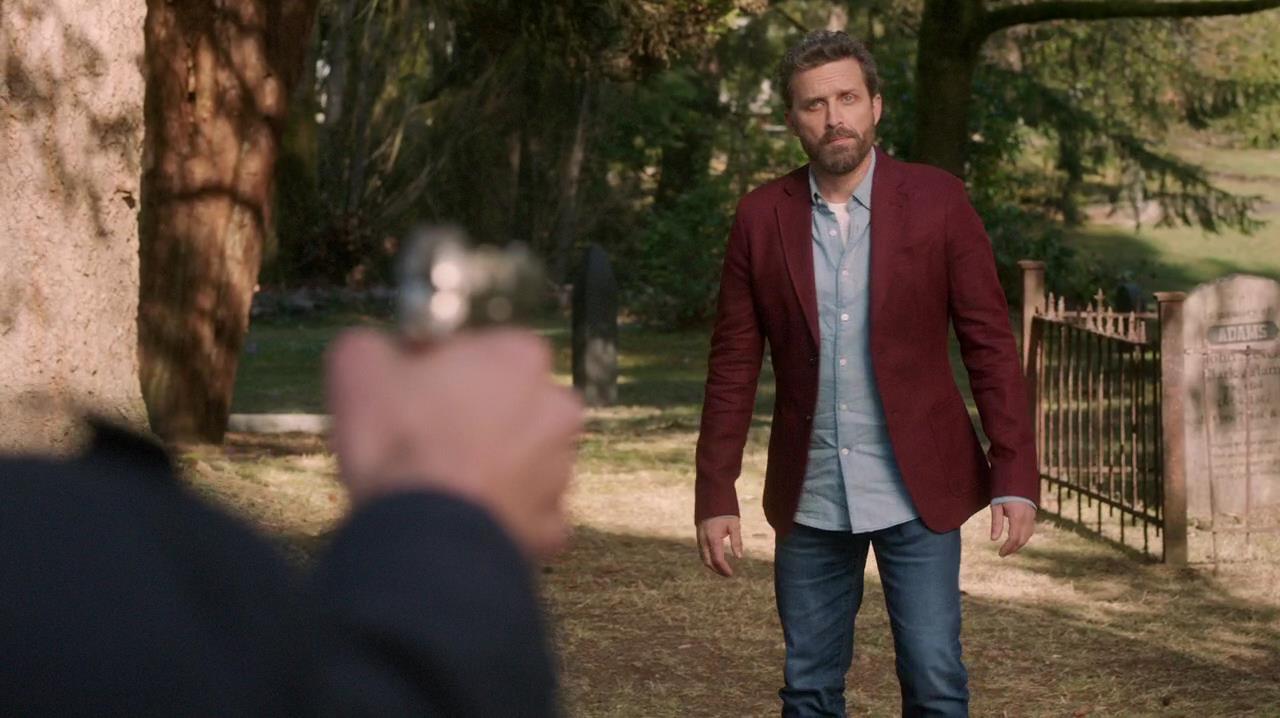
Five Weeks Later
Was Supernatural’s season 14 finale all an altered reality or a bad dream? If it turns out that Chuck is actually “the monster at the end of this book”, the finale will certainly be a nightmare to me. Turning God into the ultimate adversary makes sense in terms of fulfilling the foreshadowing introduced way back in season 4 in the episode whose name unknowingly warned us of this repugnant revelation (4.18), but it is still a road too far for me. In analyzing “Moriah”, Threads Part One and Part Two uncovered multiple layers of clues that hint at Dabb purposely deceiving fans for dramatic shock (writers lie after all). In this concluding study of the episode’s complexities, our heroes’ conversations and observations about their parts in Chuck’s play deepens the doubt that any of it is real.
Dean’s Conversion
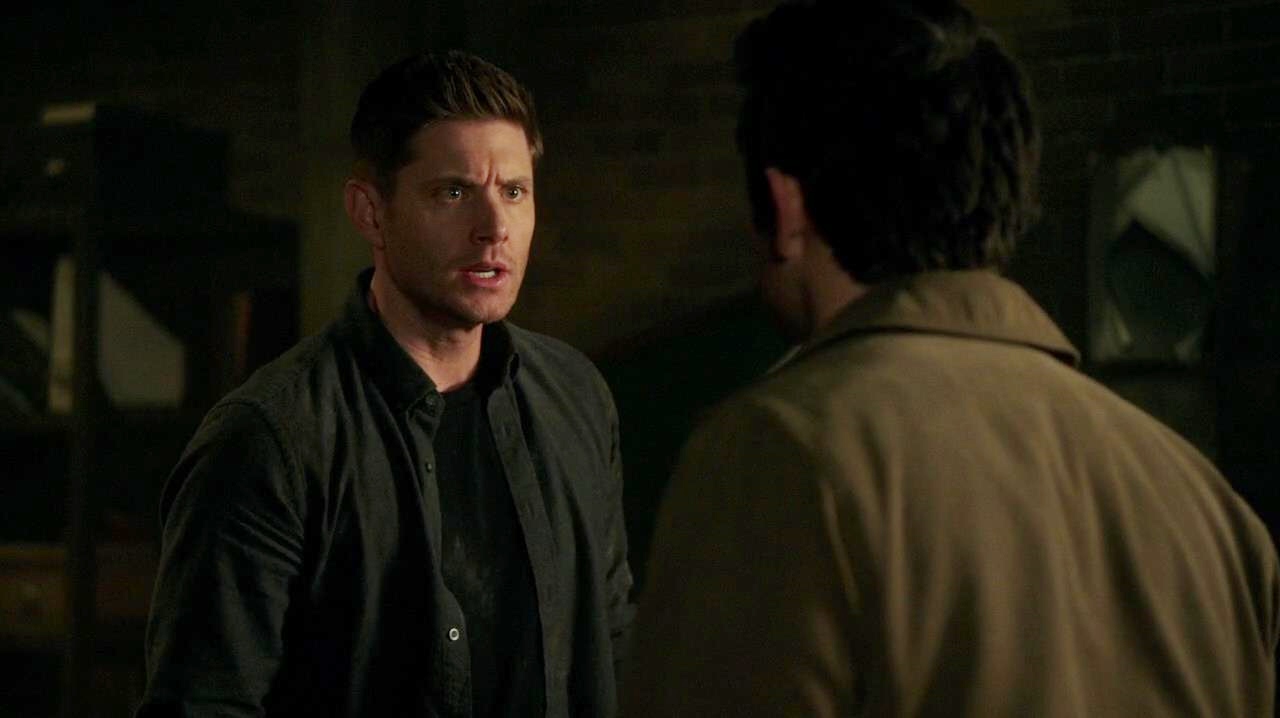
Sam: Okay, the last time we found Jack, it was by praying to him, but that’s not gonna happen again.
Dean: Yeah, you think?
Castiel: You should never have tried to lock him away.
Dean: You know what? You’re right. I never wanted to put him in that damn box! I wanted him dead!
Castiel: Dean!
Dean: He’s dangerous, Cass, and you knew it! You’ve known it for a long time! But that’s okay. You know why? Because me and Sam, we’ve killed just about everything there is. And this — Jack — oh, we’ll find a way. Because he’s just another monster.
Castiel: You don’t mean that.
Dean: The hell I don’t.
Dean: All right. So, I guess we got to find Jack. Sam, I know this isn’t easy, okay? He — I know how much he meant to you. He meant a lot to me. He was family. But this? This is not Jack anymore. He’s hurting – he’s killing people. This isn’t gonna be easy, but we’re gonna have to do the hard thing. We’re gonna have to do the ugly thing. Ain’t like it’s the first time, though, right?
At the beginning of the episode, Dean had a closed-minded, draconian view of Jack. Dean passed a death sentence on Jack – a verdict he barked at both Sam and Castiel – because Jack was “just another monster.” What’s especially troubling is that Dean referred to everything about Jack in the past tense – he meant a lot to you and me; he was family. Since when is a family bond only valid when the loved one is conveniently behaving themselves? Dean’s grief over the loss of Mary hardened his heart. He didn’t care that her death was an accident, nor that Jack’s powers had saved far more people than they’d hurt. How short is your memory, Dean! Not too long ago, you were the worse demon on Earth, a killing machine driven by the Mark of Cain. What if Sam and Castiel had given up on you, and hunted you down as the monster you had become? What if you had given up on Sam when he went full-blood demon? John ordered you to kill your brother if he became a monster! Yet, love prevailed in all those cases. Family has your back. Family never gives up on you. Why doesn’t that unbreakable bond apply to Jack?
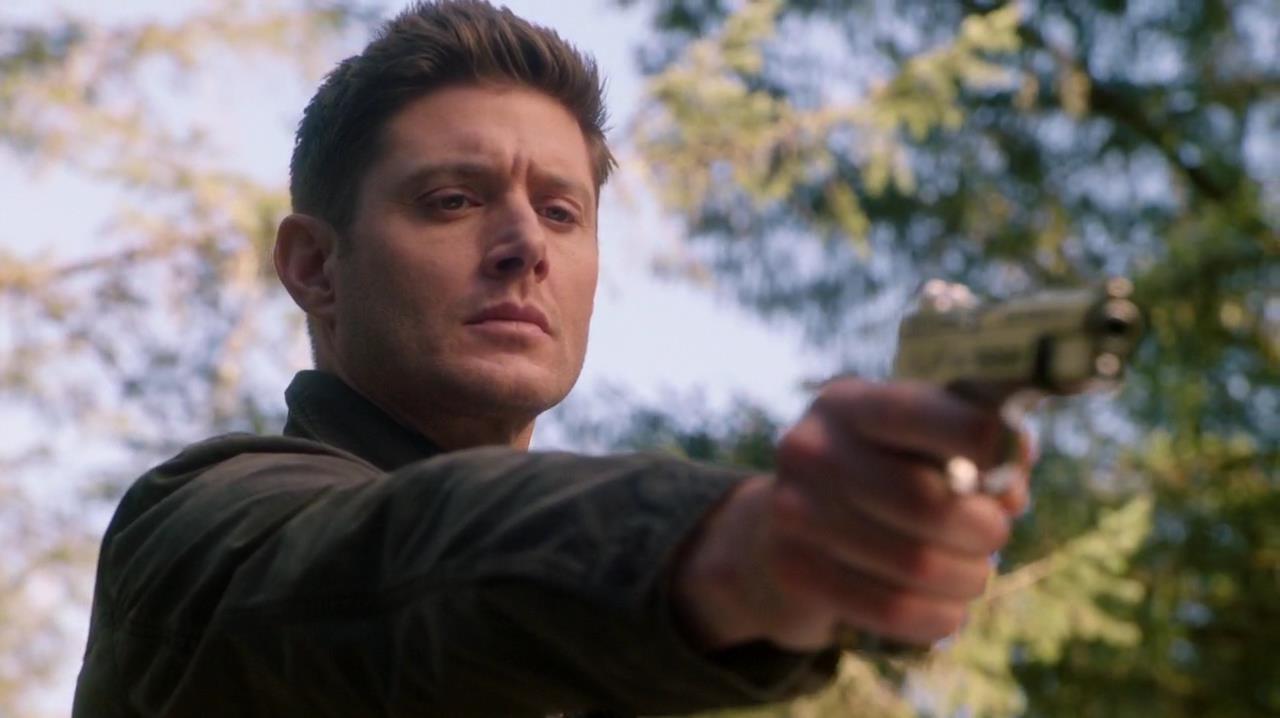
When the gun was in Dean’s hand, and he had the power and means to execute his adopted son, it was ironically thoughts of Mary that changed Dean’s mind:
My mom was my hero. And I miss her, and I will miss her every second of my life, but she would not want this.
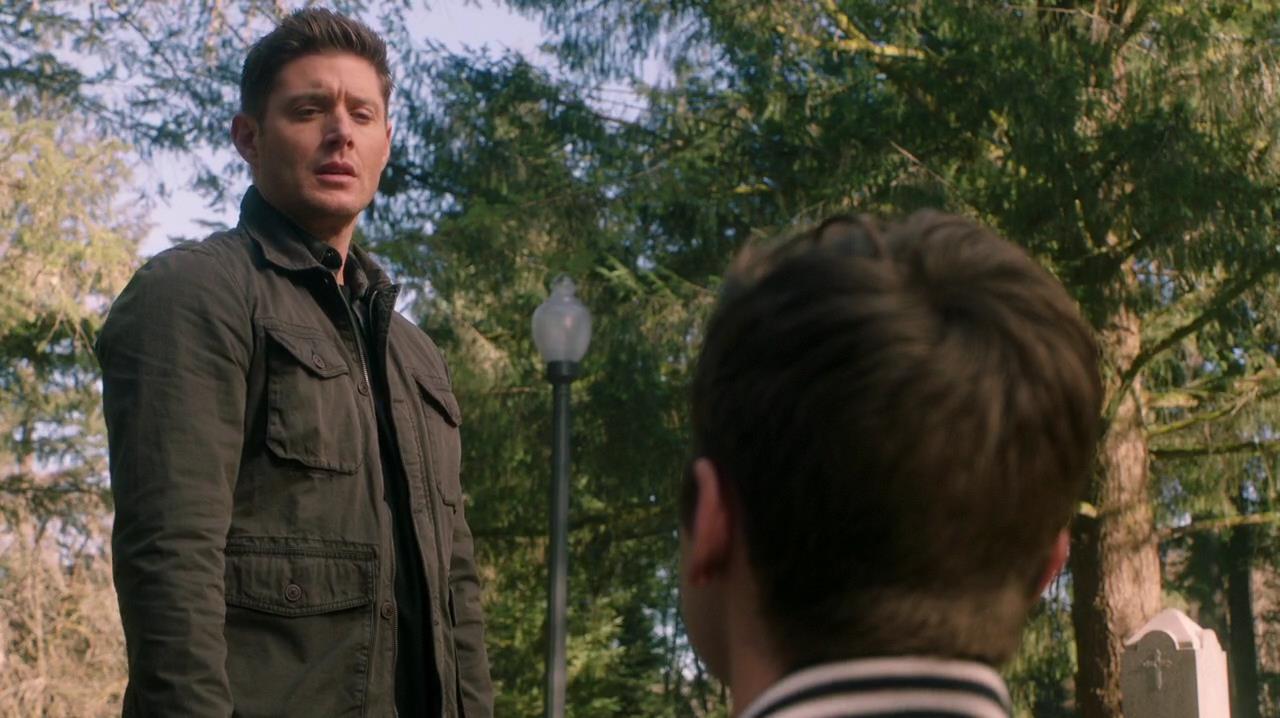
Love prevailed. Dean couldn’t yet find it within himself to love Jack again, but Dean’s love of Mary guided him. He let her choose, and he knew she wouldn’t want one of her sons to kill another of her sons. He found his way back to family.
Castiel’s Faith
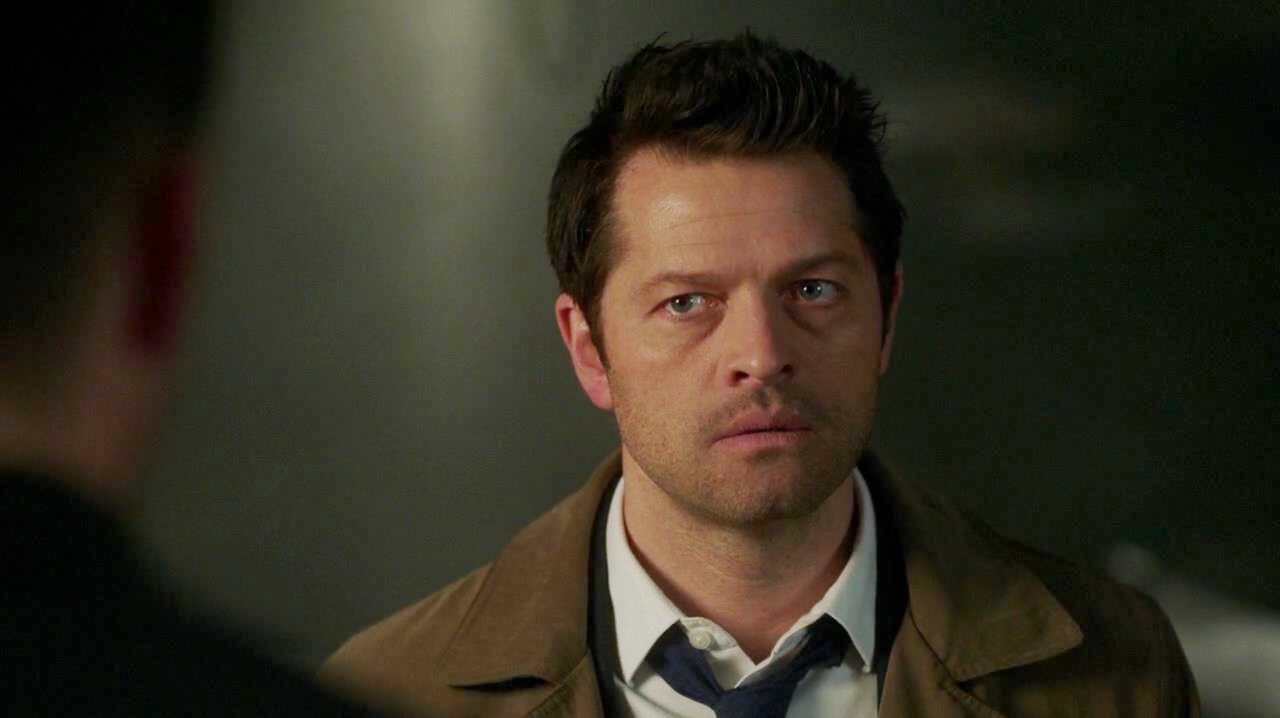
At the other end of the spectrum, Castiel never lost his faith in Jack. He steadfastly believed in his adopted son, and was willing to sacrifice his relationship with Dean, Sam and the God he loved so dearly in order to protect Jack, as he had promised Kelly.
Dean: Now, I know you don’t like it, and I don’t really care. ‘Cause you just heard it from God Himself that this is the only thing that can kill Jack, so either get on board, or walk away.
It took immense courage to oppose everyone he loved, but Castiel chose to believe in himself, trust his instincts and fight for his convictions – to fight for Jack. Cas perfectly exemplified love, faith and free will. When Dean followed through on his plan to end Jack’s threat, Castiel stood alone against Dean, physically stepping between him and his target.
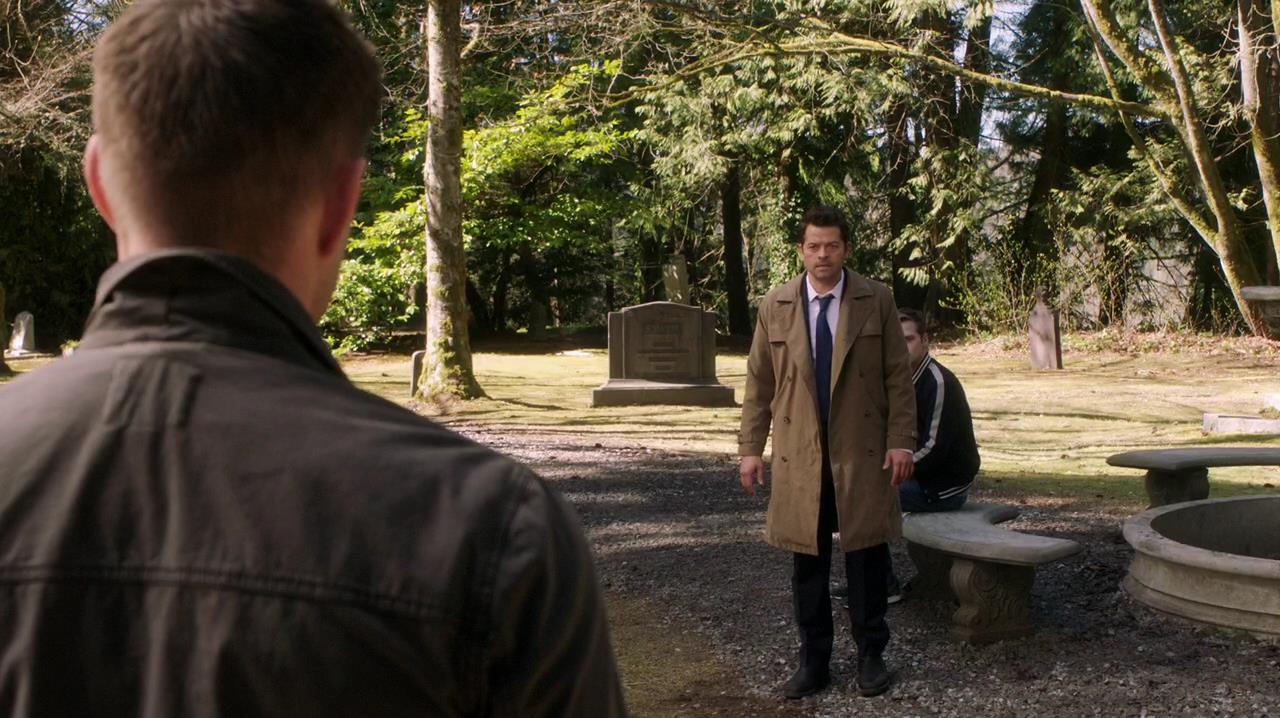
Castiel’s instinct was to either buy time or sacrifice himself so Jack could get away:
Dean: Cas, step aside.
Cas: Dean…
Dean: Step aside!
Cas: Jack, go. Run!
Castiel did all he could do to be a good father to Jack. At that point, though, Jack grew up and took responsibility for his actions. The child was no more.
Ironically, Castiel’s blind faith in God was less steadfast. Throughout their time together, the angel continually questioned God’s explanations and motives (see Threads Part 2’s ‘Castiel’s Truth as the Voice of Reason… and Fandom’ for examples and detail). It was as if Castiel sensed there was something wrong with this version of God. His disbelief in Chuck, plus several other inconsistencies dissected in parts 1 and 2, give me hope that not all was as we were led to believe. Still, despite Castiel’s healthy skepticism about Chuck, and the fact that Cas alone never lost his faith in Jack, it was Sam who ultimately pulled the trigger, shooting God to try to save Jack.
Sam’s Conversion
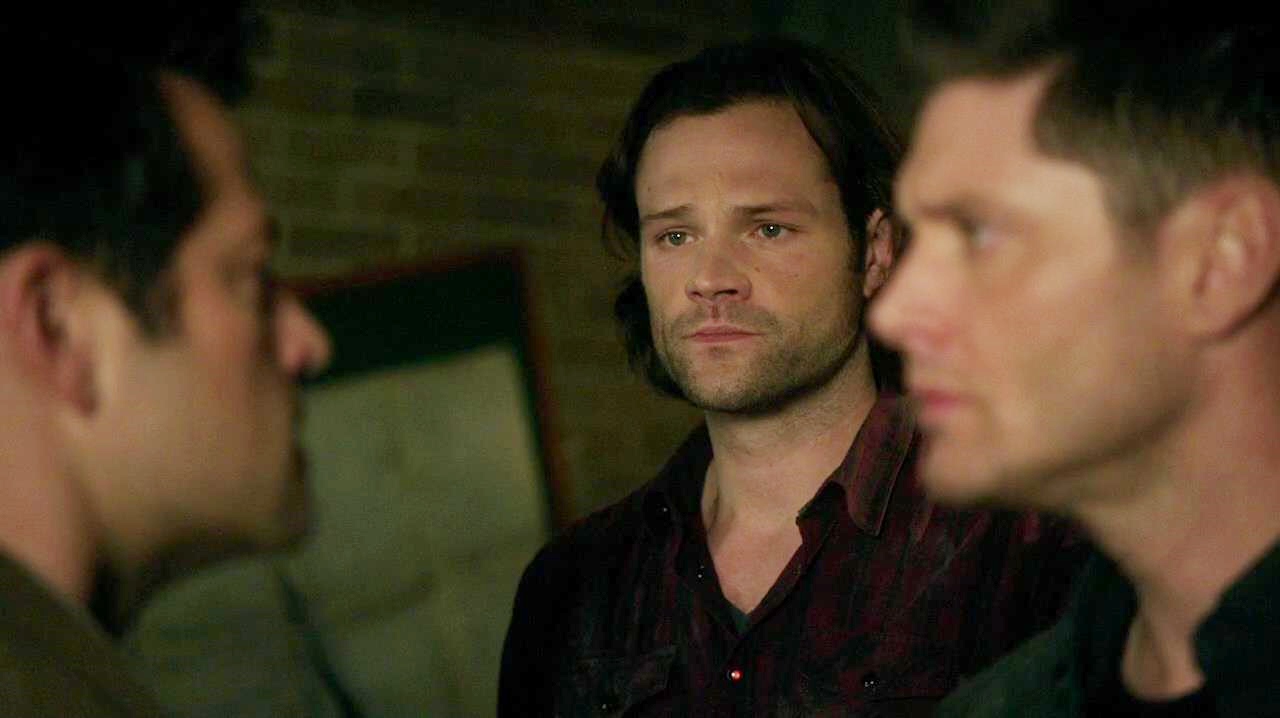
For much of the final drama, Sam was the peace keeper, the man in the middle, neither agreeing nor disagreeing with either Dean or Cas. When Jack exploded the Ma’lak box and escaped, Sam complied with Dean’s wishes to find Jack and kill him, even though Sam didn’t seem wholly convinced that was the right thing to do. He diligently worked the case, leading them to the Mirror Universe company and face recognition software, so he seemed to be on board with the plan. He dutifully supported his big brother until Dean once again took on a suicide mission:
Sam: This is where you tell me you’re gonna pull the trigger?
Dean: Yeah, it is. We don’t have a choice, Sam.
Sam: Of course we do. Don’t we always? I mean, isn’t that the point of everything we’ve ever done, that we always have a choice? He killed our mom. I get it. I was mad, too. Or you know what? Hell, I’m still mad. And a part of me wants Jack dead — it really does. But, Dean, we haven’t even tried to save him.
Dean: S– Okay. You heard him, right? He actually blamed Mom for what happened.
Sam: He doesn’t have a soul.
Dean: And whose fault is that?
Sam: Mine. I’m the one who brought him back, and I brought him back because he’s family. Okay. And then he came back, and he burned his soul off to save us — you and me. And now what? You want my permission? You want me to say I’m cool with losing him and losing you all at once? ‘Cause I can’t do that. I won’t say that, ’cause I – No. I’ve already lost too much.
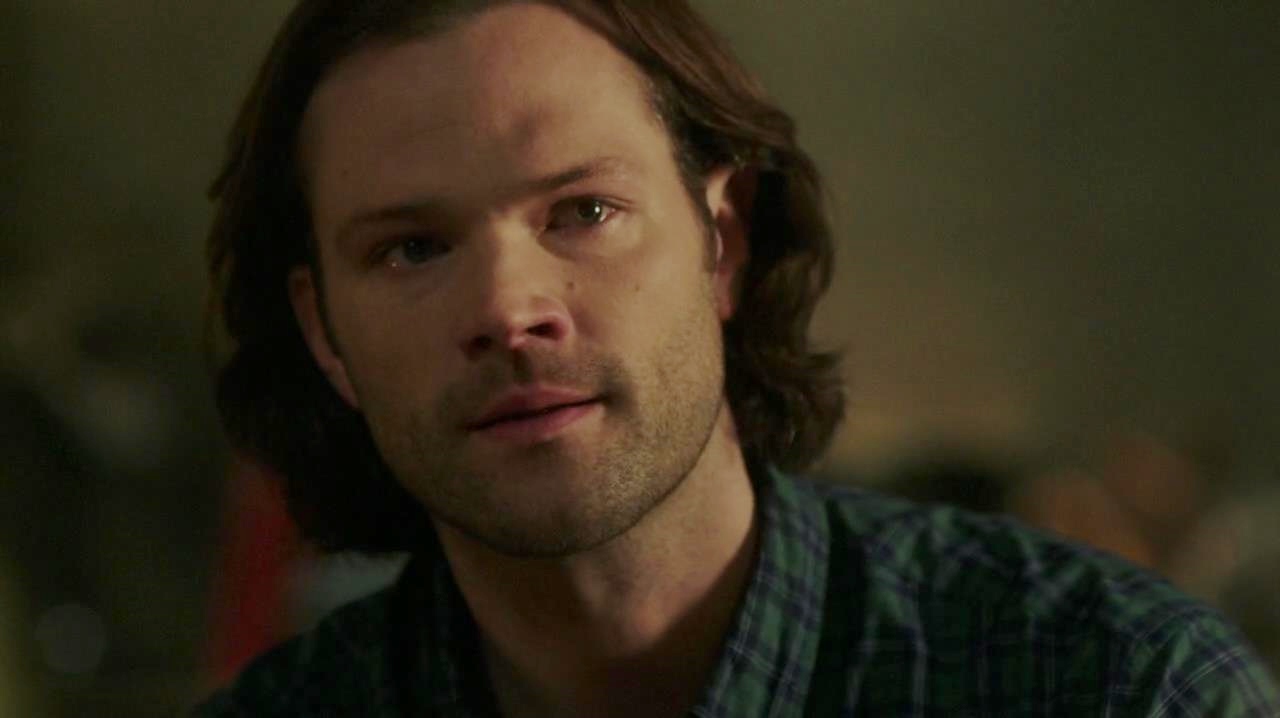
Sam had reached the point of no return. He found the line he wouldn’t cross. He simply wouldn’t accept or condone losing his brother and his son all at once. He went from the compliant little brother who blindly followed his big brother, to the man who would stand up for what he believed. So Dean preceded without Sam, but Sam’s mind was made up. He believed in free will and he was choosing to not lose Jack or Dean.
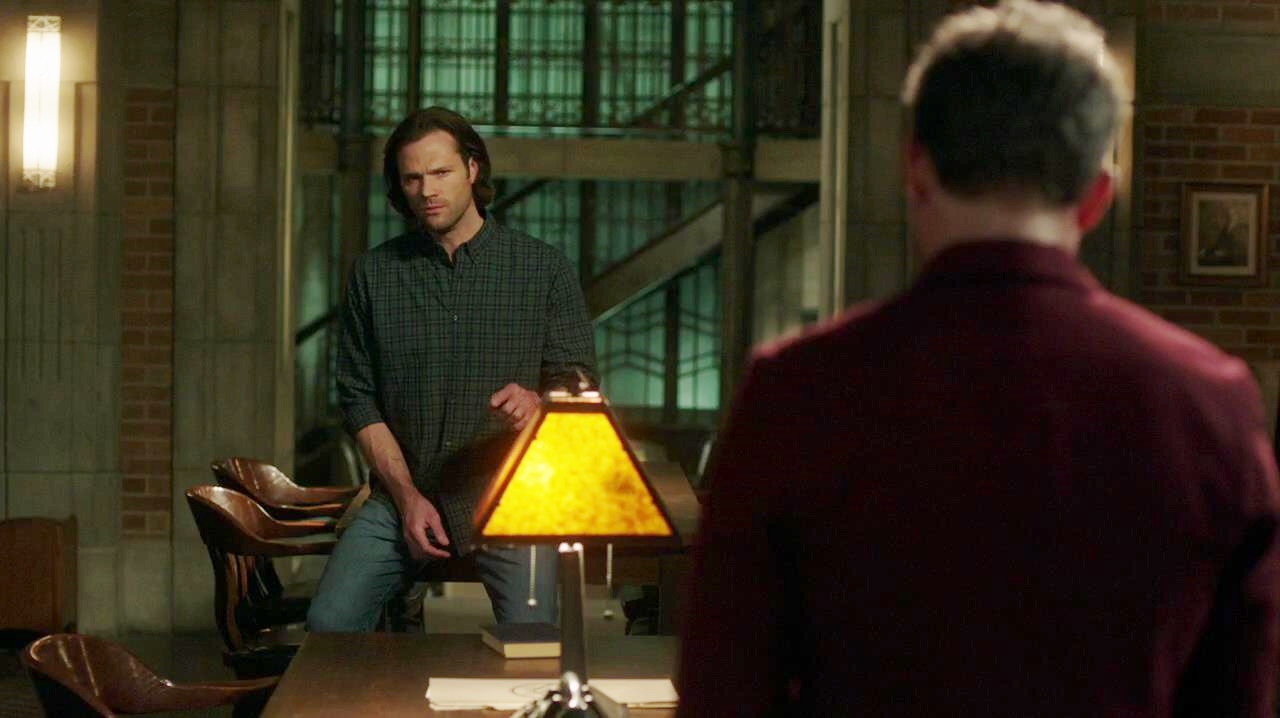
After that split from Dean, Sam got the chance to have the long-awaited one-on-one conversation with God – the conversation we all noted he didn’t get to have the last time Chuck visited the bunker. Sam asked five questions that were burning in his analytical mind:
So How many are there – how many other worlds or – or universes or realities or whatever?
So, Michael said that you create these worlds and you just toss them away like failed versions of some book. Was he lying? Is that what you’re doing to us?
Chuck: No.
Sam: Do you watch us? When you’re not here, are you watching us?
Chuck: Yeah. I mean, you’re my favorite show.
Sam: Then why don’t you do something? If I had your power –
Chuck: Sam. We talked about this. Not the way it works.
Sam: Wait a second. Why, when the chips are down, when the world is failing, why does it always have to be on us?!
Chuck: Because you’re my guys.
It was important that Sam finally got that alone time with God. The story needed to come full circle. Sam needed to confront the God of his prayers, the God of his faith. If they hadn’t talked, Sam might have had some doubt that he knew the whole story when he confronted Chuck’s actions in the cemetery; Sam may have hesitated if Chuck hadn’t personally assured Sam of his motivations and intentions. Instead, Sam had a personal relationship with God in the flesh now. God was approachable, a guy he talked to in the Bunker library, a guy who talked about characters in a story.
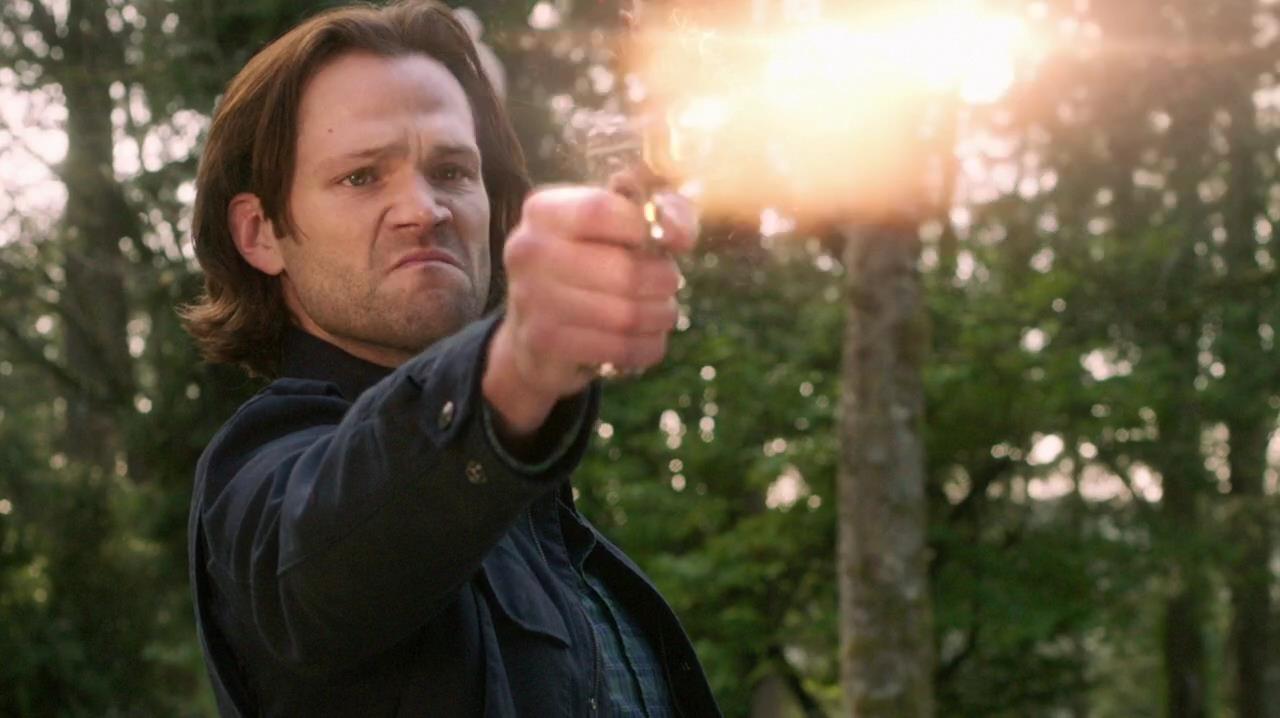
That conversation with God, and Sam’s recent reaffirmation of the principles of free will and family exploded inside of him when Chuck ignored Sam’s (and at that point, Dean’s) choices and killed Jack anyway. In that critical moment, Sam’s conversion was complete. Just as he had shed his submission to Dean’s decision, Sam’s blind faith in God was also eradicated. Sam was done being ordered around, manipulated or submissive. The hunter who had frequently turned to God in prayer and awe, now shot God as just another supernatural being interfering with humans’ lives.
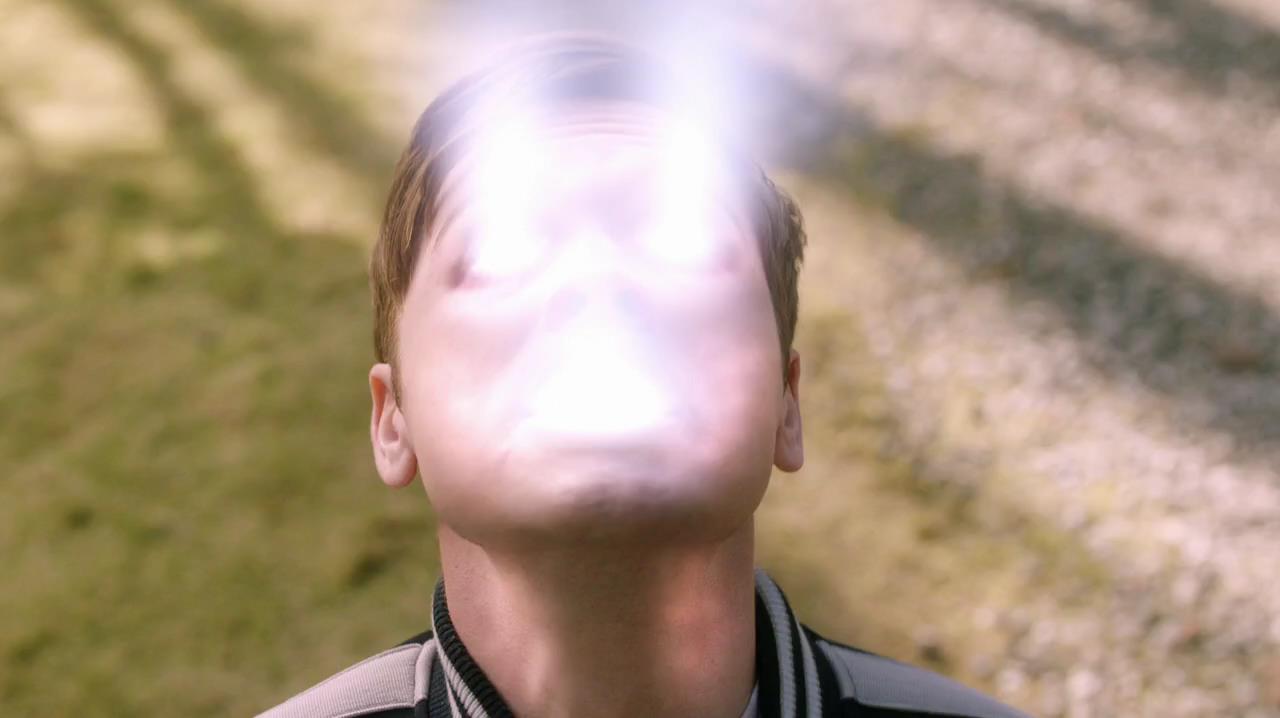
Sam saw that Chuck had lied. God could easily have killed Jack at any time. The dramatic creation of the gun, Dean’s gut wrenching decision to sacrifice himself, and Sam’s panicked race against time to save his family – it was all unnecessary. God had the power to end Jack – and their long life of suffering – all along.
New Canon
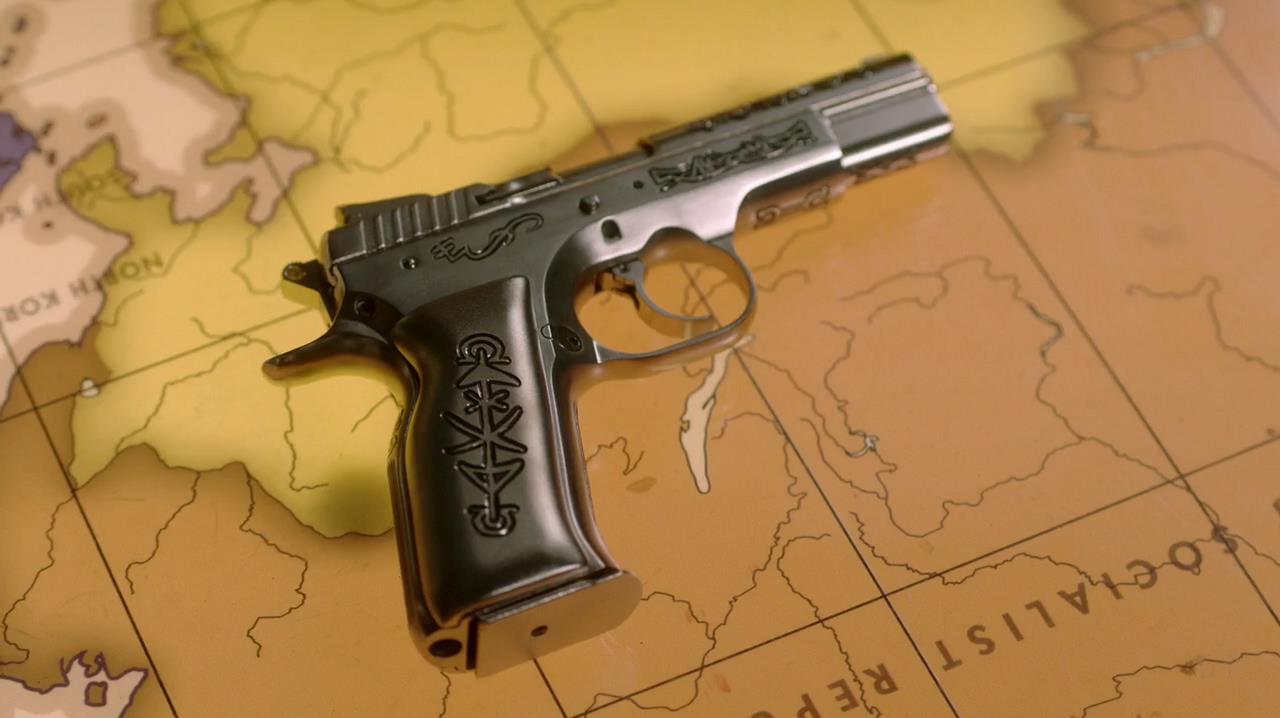
So the boys weren’t relevant whatsoever to saving the universe and God didn’t need to create a fancy gun. Was it just a prop in his play? The Colt 2.0 – a gun that can kill the unkillable – doesn’t have a name yet, since “The Equalizer” and “The Hammurabi” didn’t go over well with Chuck’s confused audience. Now knowing that the gun’s function is to inflict on its user the exact fate they wish to inflict on someone else, those names seem appropriate. Hammurabi was a Babylonian King, born circa 1810, BCE. “Hammurabi’s lasting contribution to western society was his set of laws written on twelve stones and displayed publicly for all to see, the most common being, “Eye for eye, tooth for tooth.” The laws are generally known as the Code of Hammurabi.” (https://www.biography.com/political-figure/hammurabi)
While a gun “that’ll kill anything” is a handy weapon to have in their arsenal, its downside is a definite deterrent to its handler! It should still be on the ground where Dean threw it, but it’s unclear if that gun will be at their disposal in zombie land or if they ever return to reality after killing zombies, so its impact on future storylines is uncertain.
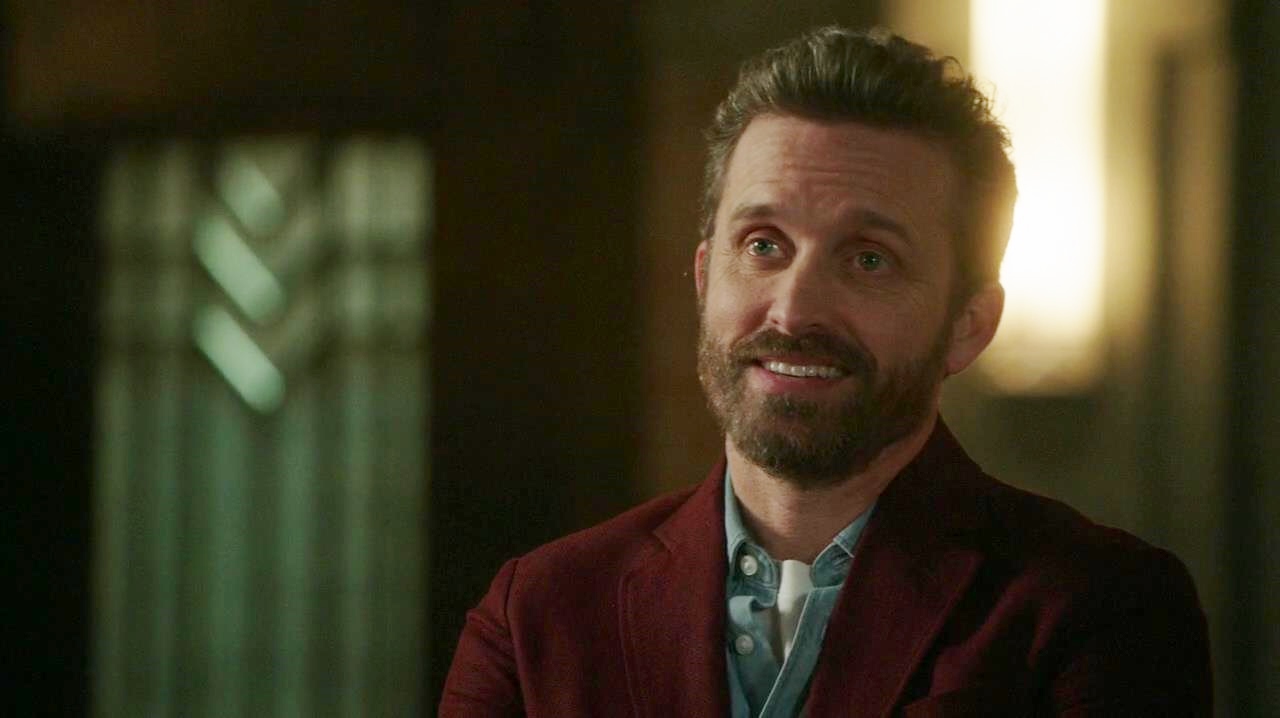
Beyond introducing the gun to the fight, what Chuck said about using the gun is noteworthy.
Look, I know it’s not perfect, and I’d do it myself, but, you know, if I bite it, then existence also kind of bites it, so one of you. Sorry.
Theoretically, the Winchesters now have a weapon that can kill God, but if God dies, the universe dies. That was the doomsday prediction the boys faced when Amara threatened to kill her brother. Knowing that, why, (why, why) would Sam try to kill Chuck?
Honestly, I don’t think Sam was trying to kill God. Sam is smart enough to remember that “existence bites it” if God dies. Sam is also a crack shot, so Sam had to have been purposely aiming at Chuck’s shoulder in order to distract and possibly stop him from killing Jack. Also, a shoulder wound rebound wouldn’t kill Sam. The boy was working all the angles.
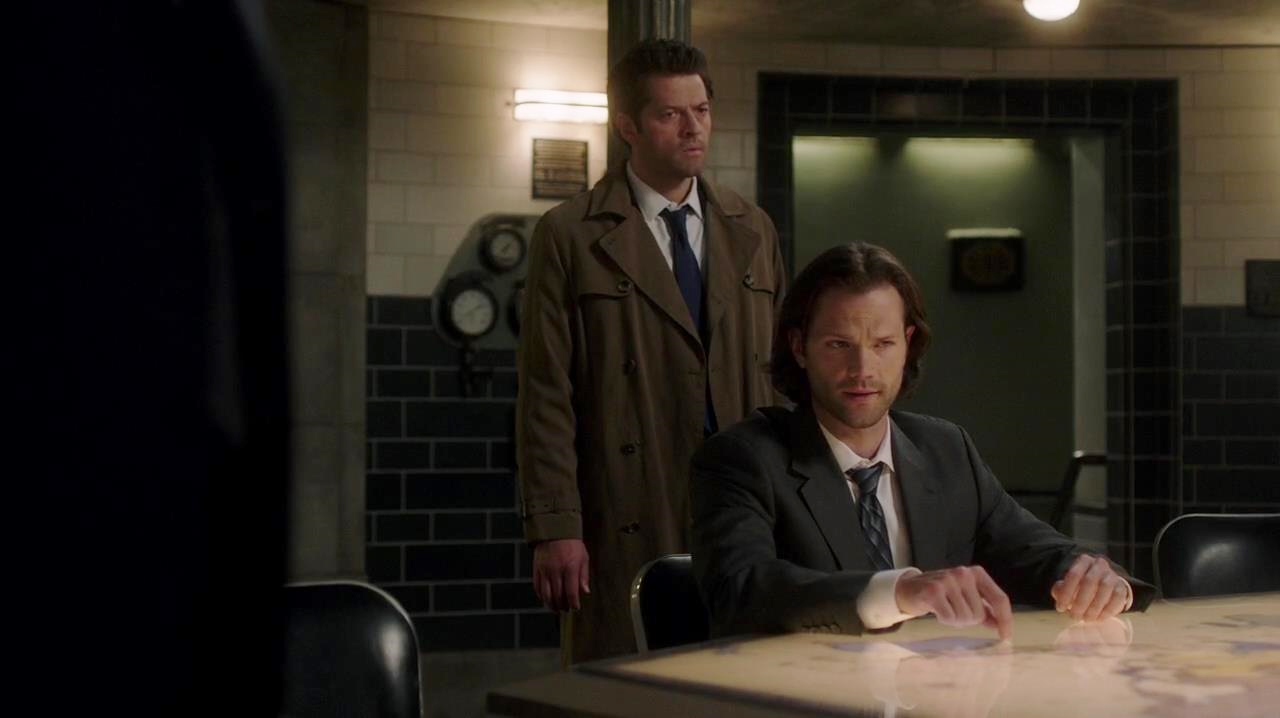
The rest of that bunker conversation (after the gun’s introduction and God’s disclaimer for self-protection), is also extremely important.
Castiel: I don’t understand why we’re talking about killing Jack. You can fix him. You can restore his soul. That’s why I called you.
Chuck: Yeah, not so much.
Sam: You’re God.
Chuck: Well, souls are complicated — even for me. Besides, even if I could, would you really want — I mean, after what he did?
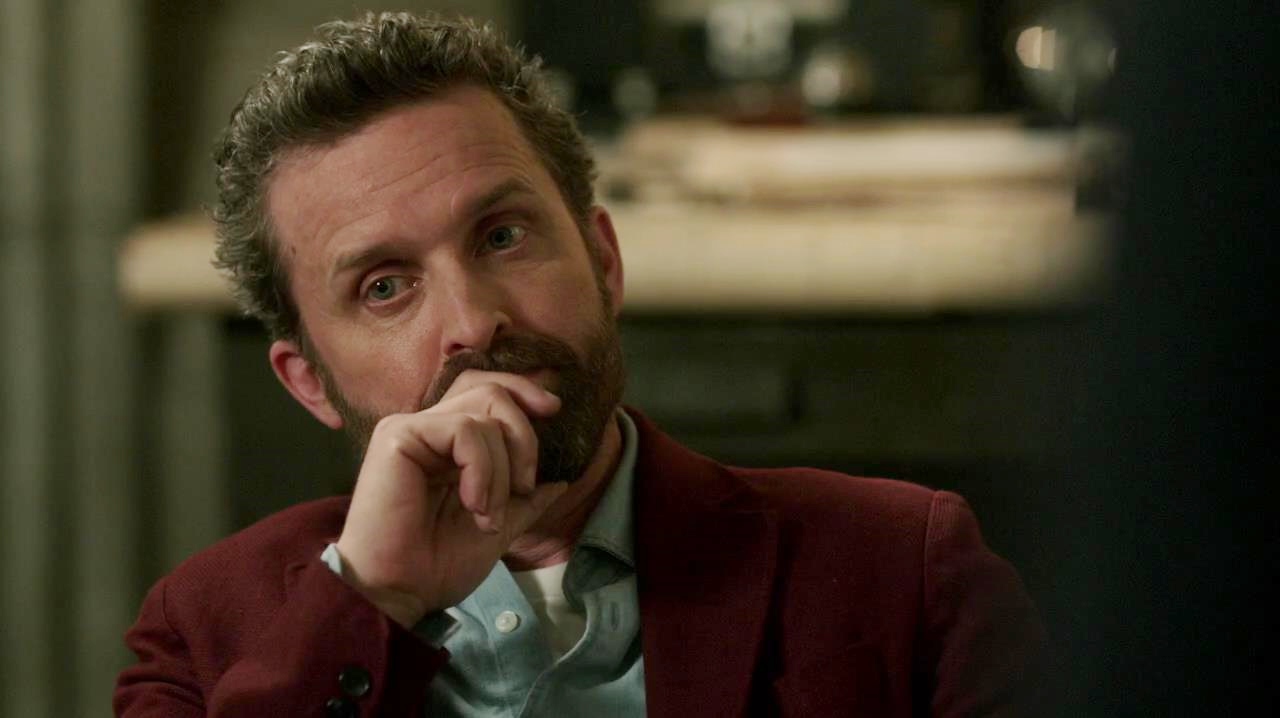
Castiel, Chuck and Sam’s exchange was an interesting juxtaposition to the conversation these same three people had just had a few minutes before, about the world’s compulsory truth telling:
Chuck: See?
Castiel: Can you fix it?
Chuck: Fine. Fixed.
Sam: Really?
Chuck: I’m God, Sam. Yeah, really.
That parallel was skillful writing:
- The first sentence of both conversations started similarly – with a direct word to word link between ‘See’ and ‘Look’.
- In the second sentence, Castiel asked Chuck to “fix” a mess. Chuck responded in the third sentence. Altering worldwide reality? No problem, but in Jack’s case, all of a sudden there was something Chuck couldn’t “fix”.
- The fourth sentence in both conversations presented Sam’s doubt. When Sam questioned God’s ability to “fix” worldwide truth-telling so easily, Chuck boasted “I’m God, Sam” yet when asked about saving Jack’s soul, Chuck said he was powerless. Sam reflected back God’s boast by saying, “You’re God!”
Chuck’s answers also highlighted another point of new canon: God can’t restore souls. Souls are more complex than the fabric of reality? That’s interesting. So there are limits to God’s powers, despite his dismissive retort to Sam that God is all-powerful.
Lastly, and quite intriguing to me, God asked if Jack’s fathers would want to save him after “what he did”. After he accidentally killed the boys’ mother? Is God asking if they still love their adopted son? If God is all loving and all forgiving, is he wondering if his favorite humans have the same capacity for love? Conversely, if he is the cold-hearted writer he claimed to be at the end of the drama, is he candidly wondering if they really want revenge? I believe that one question, which curiously remained unanswered, is a peek at the real Chuck. The problem is that we don’t know his intention in asking it.
Time
Each character in “Moriah” had a different relationship with time. Sam and Dean were frustrated and enraged for much of the episode, so their references to time revealed their anger at the cruel realities of the present, as a function of not having been effective in the past. Dean dressing down Cas for knowing about Jack “for a long time” was Dean’s need to blame someone, anyone, for turning a blind eye to a situation he now judged to have been obvious and irresponsibly dangerous. Sam’s use of “every time” and repeated use of “the whole time” betrayed his frustration at not recognizing or being able to fix both past and present problems.
Sam: Dean, every time I try and say “Elvis,” it comes out –
Dean: The sad, horrible truth.
Sam: So you’ve had this the whole time and we’re just now getting it?
Dean: What are you saying?
Sam: He’s saying he’s been playing us. This whole time.
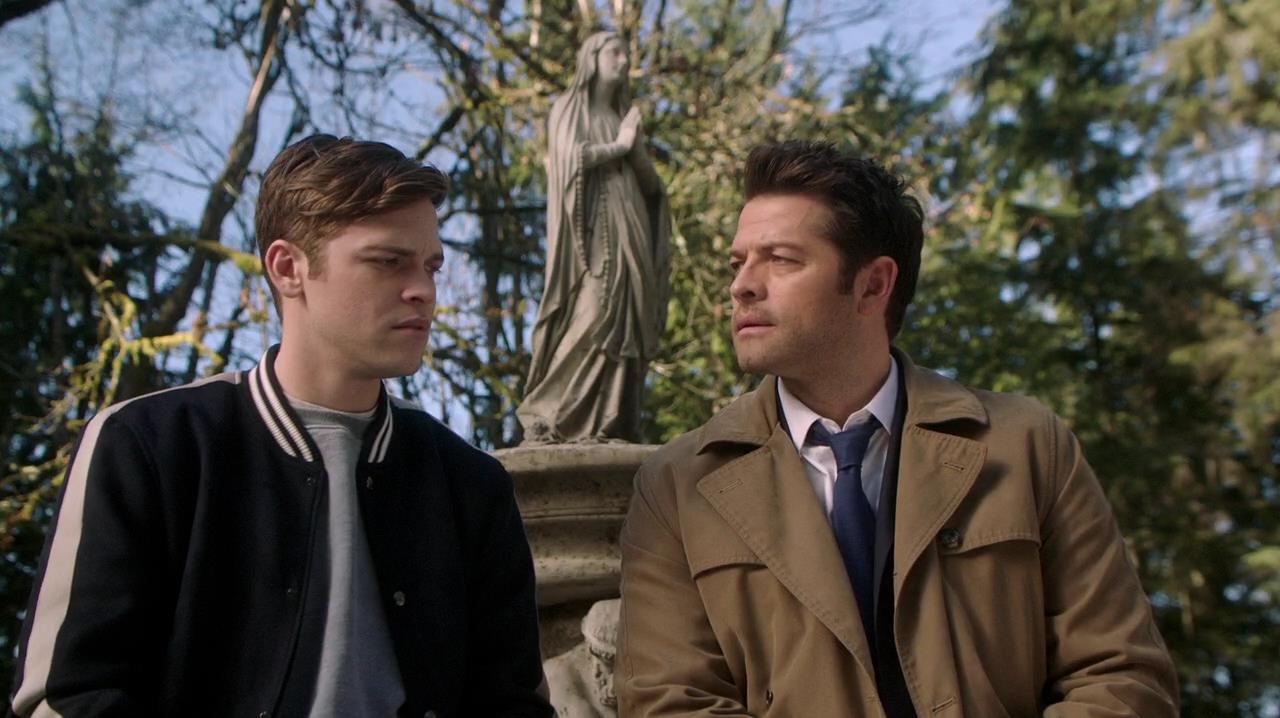
Similarly, Jack’s references to time also reflected his frustration with his past and present ineffectiveness. On the other hand, Castiel never gave up hope. He steadfastly held to his beliefs that Jack was inherently good and could be saved, so Castiel’s references to time referred to the future – of needing more time.
Cas: I need time to see the Cage and study it.
Jack: And then I tried on my own, but every time I try, it never goes right...
Castiel: We just need time to fix this.
Cas was the only one to focus on the future. He was the only one with hope.
Right
There were 26 uses of the word “right”. Either it’s Dabb’s favorite filler…
Angry Worker: All right! Who ate my yogurt?!
Guilty Worker: Right here!
Man: I hate everyone! Like right now.
…every actor chose the same go-to stutter word,
Chuck: All right, I’m from the deus from the machina, and you have questions. So, great. Go.
Chuck: I’m thinking of calling it the Equalizer! Or the Hammurabi. No? All right, cool. That’s cool.
Chuck: Right, it doesn’t exactly use bullets. See, existence is all about balance, right? Dark and light, good and evil, chocolate and peanut butter.
Sam: Uh, yeah, okay, Chuck. The point, please?
Chuck: Right.
Chuck: So you kill him…
Dean: you die.
Chuck: Right.
Chuck: I haven’t seen one of these in forever. Where’d you get it?
Sam: Another world.
Chuck: Oh. Right.
…or the word’s constant usage was meant to telegraph a message to us. It was used at least once by everyone in the story whose convictions (or personalities) shifted, as they sought affirmation of their feelings and actions. Notably, I did not find anytime that Castiel needed reassurance, as he was confident of his righteousness.
Dean: Ain’t like it’s the first time, though, right?
Dean: S– Okay. You heard him, right?
Chuck: I mean, like that thing that happened at the office earlier today — that was crazy, right?
Sam: This is all you because you wrote it all, right?
If the word was purposely inserted into the dialog, it may have indicated whose opinion we should believe. We were told that Dean was right,
Jack to Dean: You were right all along. I am a monster.
…Sam was right,
Dean: I miss her, and I will miss her every second of my life, but she would not want this. And it’s not like you even really care. ‘Cause Sam’s right.
…and Castiel was right:
Dean to Cas: You know what? You’re right.
The vast majority of times, though, ‘right’ was uttered by Chuck. Perhaps the message was intended to be that God is always right?
Chuck: But right now, we need to focus on Jack.
Maybe devoted Rob Benedict fans can tell us if Rob says “right” often in real life, e.g. during his stage bits with his band or with Richard Speight, Jr. It’s quite possible we’ve stumbled onto his next acting diction challenge! If not, the use of the word ‘right’ was brilliantly consistent with the rest of the plot in that we are left with absolutely no idea what’s real or who is to be believed!
Finding and Running
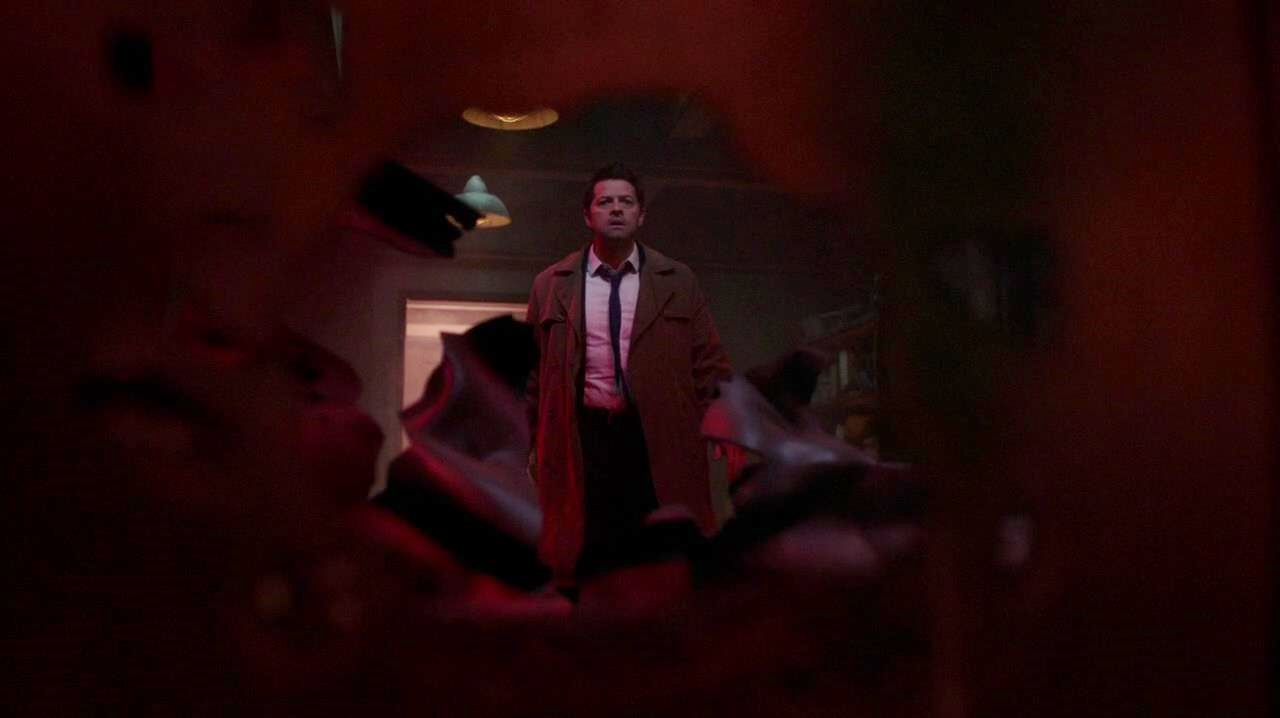
Dean: Yeah, apparently, the kid leveled up.
Castiel: So, what do we do?
Dean: We find him.
Sam: I think whatever is happening here, it’s not just happening here.
Dean: Yeah, no, it’s — it’s everywhere, but what..
Sam: Jack.
Dean: Son of a b**ch.
Sam: We have to find him.
Dean: Like right now.
The word “find” was used five times in the script. Four of those mentions were at the beginning of the episode, relaying the urgency of finding Jack, who had once again run away from a critical scene/situation. The last one was at the end, when Castiel wanted to run away with Jack.
Castiel: We need to go somewhere safe, somewhere where no one can find us…Jack, go. Run.
Jack: I can’t.
Castiel: You have to.
Jack: I won’t run anymore.
This echoed the “Running Away” thread that has been prevalent since mid-season (starting no later than episode 13 when we first tracked it).
Humor
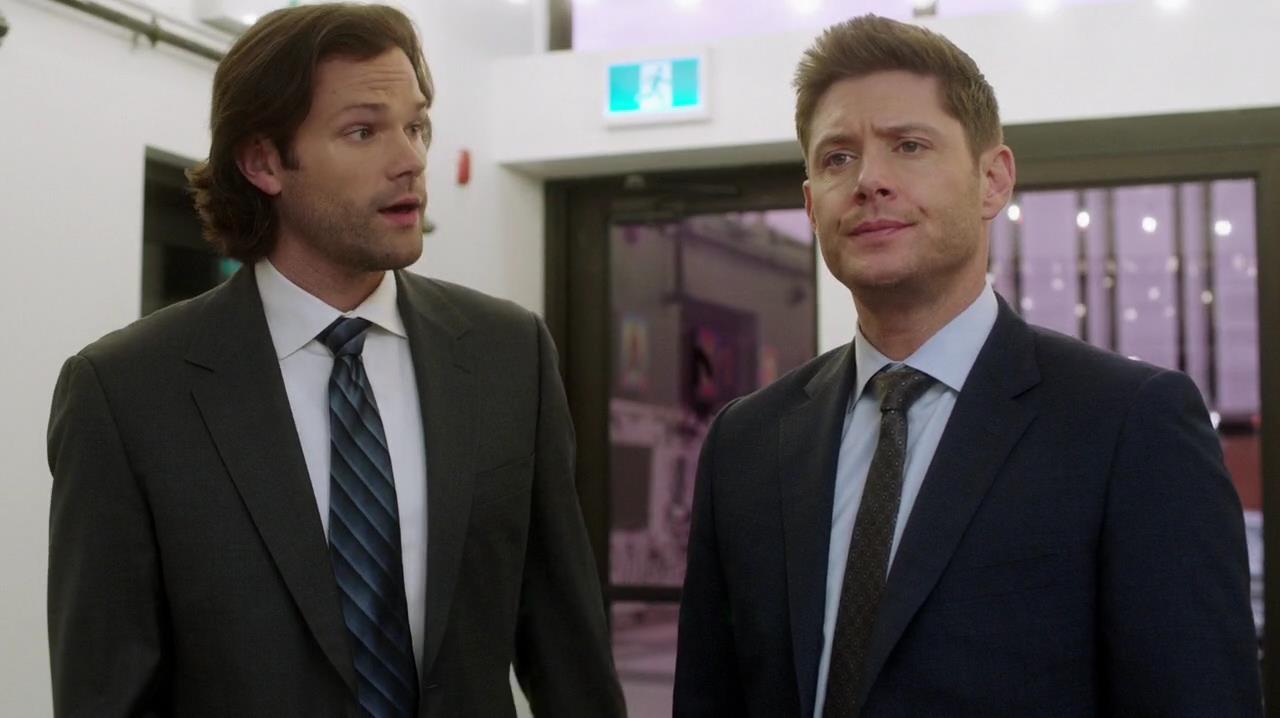
- You’re always calling me a geek, but you know every word to every Led Zeppelin song — backwards and forwards — you can discuss in detail every major rock drummer between ’67 and ’84, and you watch “Jeopardy!” every night.
- I am the Stapler Queen!
- It’s been confirmed. The Queen of England is, in fact, a lizard.
- The kid sneezes and there goes India? This is bad, like ‘me’- level bad.
- Castiel: “What?” (at Chuck’s explanation of the quantum physics of cosmic balance. I laugh every time!)
- Most of them are boring. One’s in reverse. In one, there’s no yellow. One of them’s just all squirrels.
Until he became a bad guy, I laughed at almost all of Chuck’s idiosyncrasies, expressions and actions. The humor added a nice touch to an otherwise intense, tragic episode. What were your favorites comedic comments?
Impressions
“Story’s over. Welcome to The End.” After five weeks, three reviews, and 10,000 words of analysis, my ultimate judgement on whether or not I like “Moriah” will have to wait until we all learn if God is really a lying, heartless writer, or if there is some other explanation for what we saw. If the former, I will forever consider “Moriah” the episode that broke my faith in this show. If the latter, it was a masterful piece of suspenseful misdirection. Considering that season 15 is the last season of Supernatural, Chuck’s final words are prophetic. It is cruel to cast such a dubious cloud over the final chapter in our brothers’ journey.
There’s no doubt I’m in until the end. The question will be, though, will I be angry or overjoyed? How about you?
-Nightsky
There were other season 14 threads present in “Moriah”. Did you catch any that I didn’t discuss? I also didn’t cover in detail those two all-important sentences exchanged between Jack and Billie! What is your assessment of their importance? Please share your thoughts on Dean, Sam and Castiel’s actions in this finale, Dabb’s humor, or anything else presented in my Threads “Moriah” analysis. Go!
For a detailed analysis of how Chuck has been represented in the story from his introduction in season 4 to “Moriah”‘s climactic revelation, read the perspective: Chuck Shurley: A Deliberate Deception!
Catch up on my prior season 14 “Threads” reviews, and all my other reviews and articles since season 8, by going to my Writer Page!
Additional Screencaps courtesy of https://www.homeofthenutty.com/supernatural/screencaps
Transcript Quotes courtesy of https://www.springfieldspringfield.co.uk/



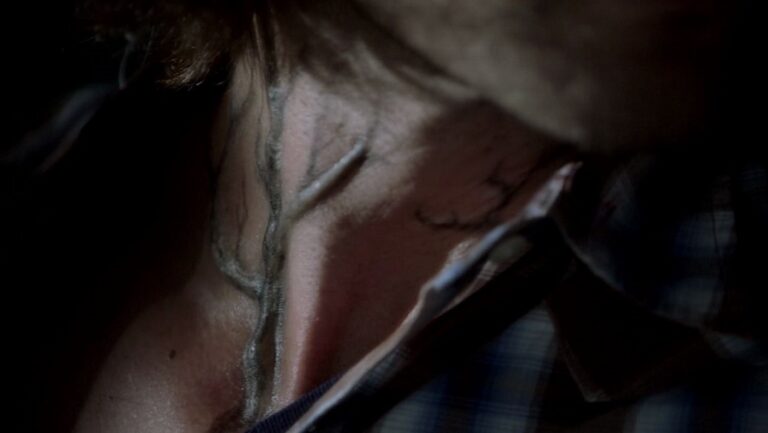
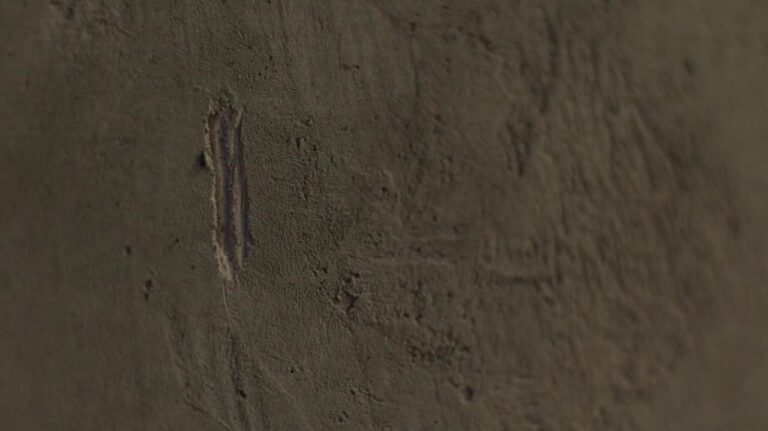
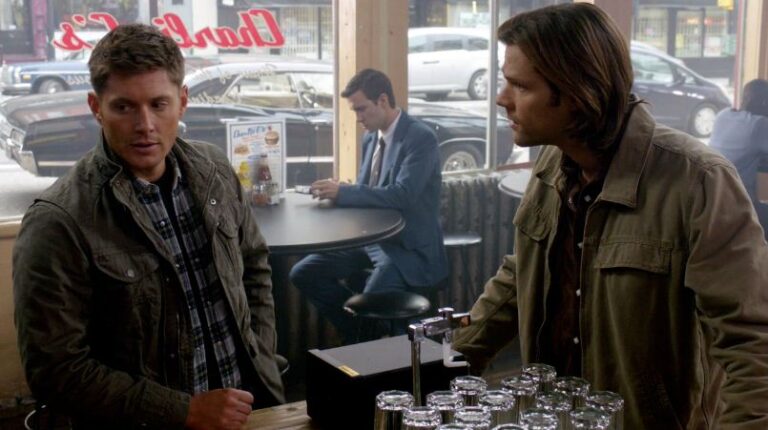
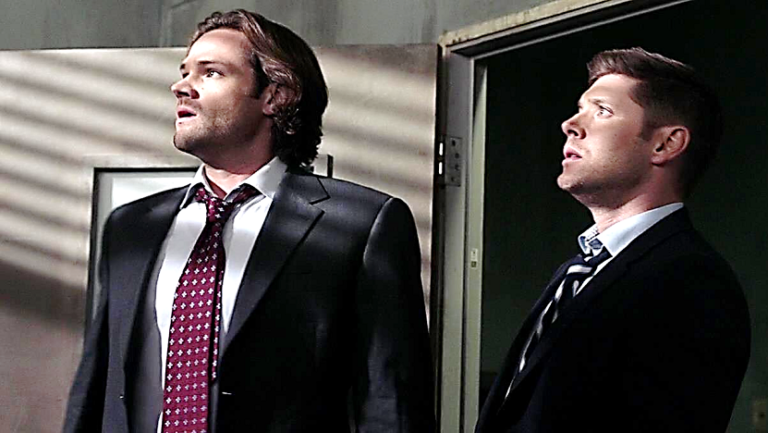
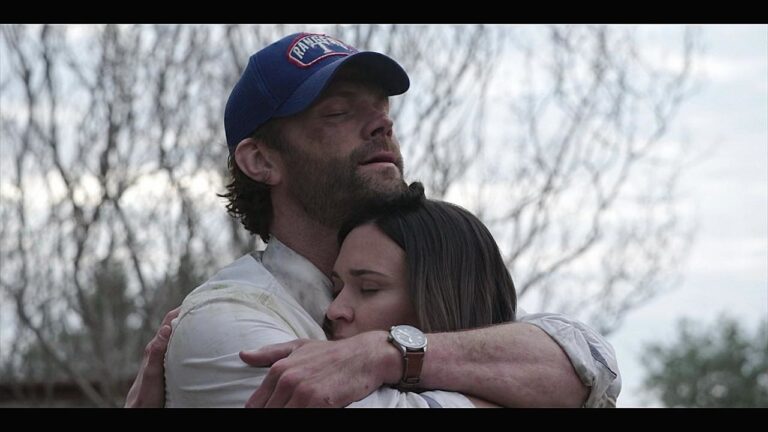
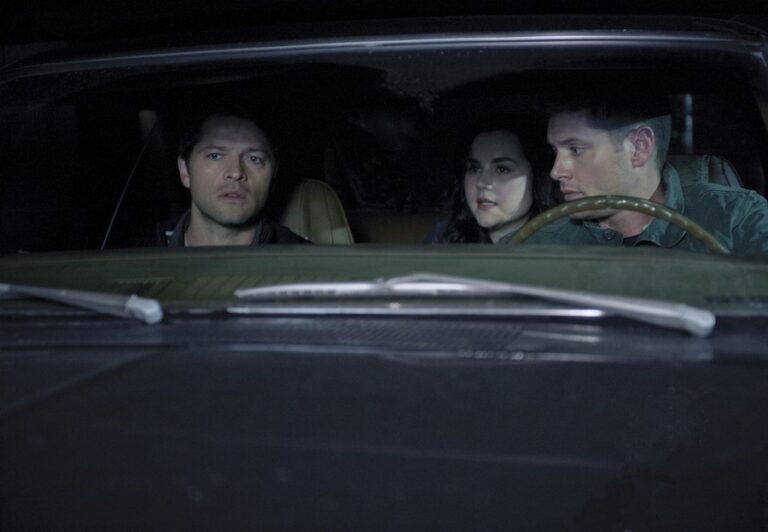
Leave a Reply